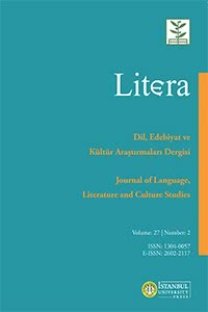CHARLES F. HOCKETT. A Manual of Phonology
Like the other works of its author, this book is lucid, well-informed, and contains no more than a fair share of nonsense. As an example of nonsense may be taken the way in which the author sets up a principle of "phonetic realism" but concludes by saying: "There is one aspect of phonologiC analysis where the usual principle of phonetic realism, in the writer's opinion, must be not merely suspended but almost rever~ed. This is the search for junctures ... " What sort of a principle can this be? It runs like this: "Segments which are in complementation are nevertheless pho· netically distinct unless they resemble each other phonetically in such a way that the differences can be extracted fro~ the segments themselves and assigned, instead, to the environments, in some phonetically realistic way". (p. i 56) The word phonetically occurs here three times. In the first occurrence it would seem to be a misprint for phonemically; in the third oc~urrence it would seem to be redundant. With what non-phonetic reality could we be concerned?
CHARLES F. HOCKETT. A Manual of Phonology
Like the other works of its author, this book is lucid, well-informed, and contains no more than a fair share of nonsense. As an example of nonsense may be taken the way in which the author sets up a principle of "phonetic realism" but concludes by saying: "There is one aspect of phonologiC analysis where the usual principle of phonetic realism, in the writer's opinion, must be not merely suspended but almost rever~ed. This is the search for junctures ... " What sort of a principle can this be? It runs like this: "Segments which are in complementation are nevertheless pho· netically distinct unless they resemble each other phonetically in such a way that the differences can be extracted fro~ the segments themselves and assigned, instead, to the environments, in some phonetically realistic way". (p. i 56) The word phonetically occurs here three times. In the first occurrence it would seem to be a misprint for phonemically; in the third oc~urrence it would seem to be redundant. With what non-phonetic reality could we be concerned?
___
-- Yayın Aralığı: Yılda 2 Sayı
- Yayıncı: İstanbul Üniversitesi
Sayıdaki Diğer Makaleler
THE PHOMEMIC INTERPRETATION OF THE OLD ENGLISH DIPHTHONGS
SUPERFIXES AND INTONATION PATTERNS
THE COMPANIONS OF THE CONQUEROR
THE SCHOLAR GIPSY: A STUDY OF THE GROWTH, MEANING AND INTEGRATION OF A POEM
Charles OSGOOD, Sol SAPORTA, Jum NUNNALLY
